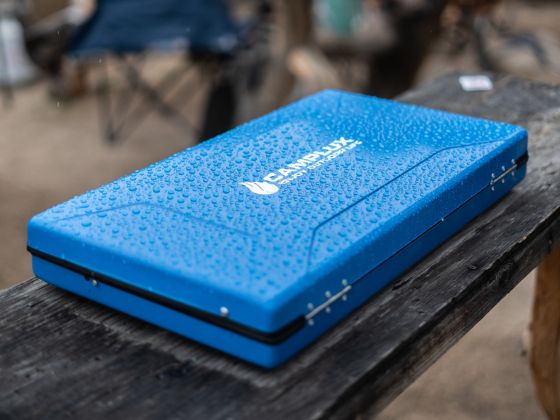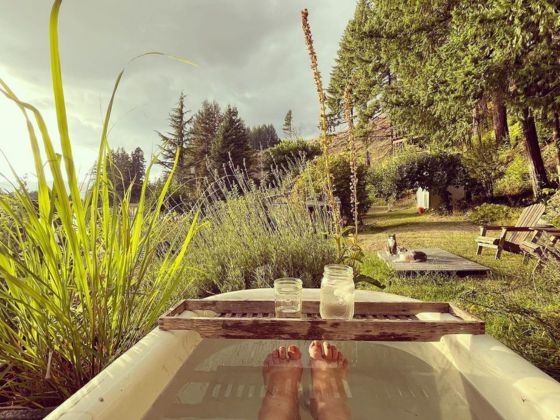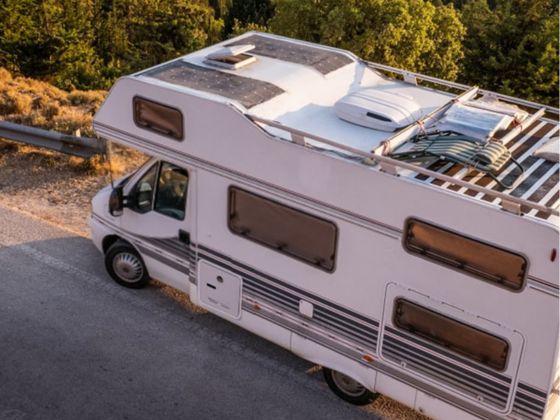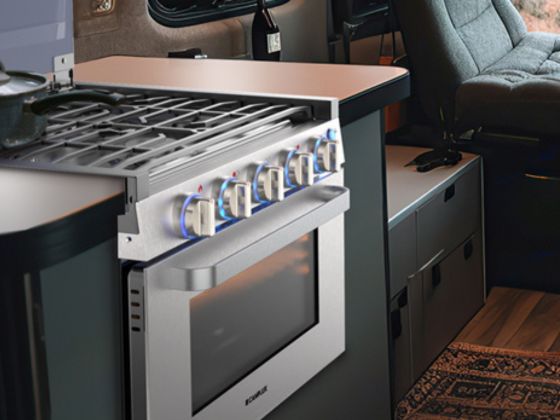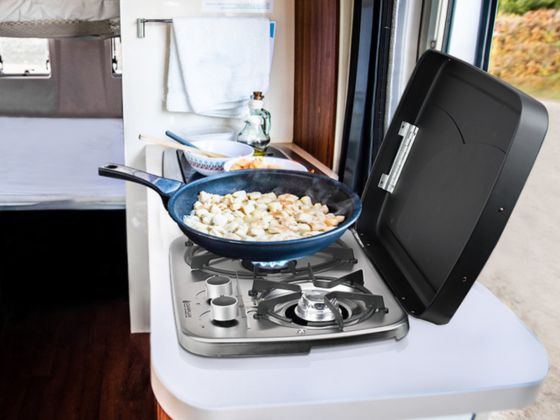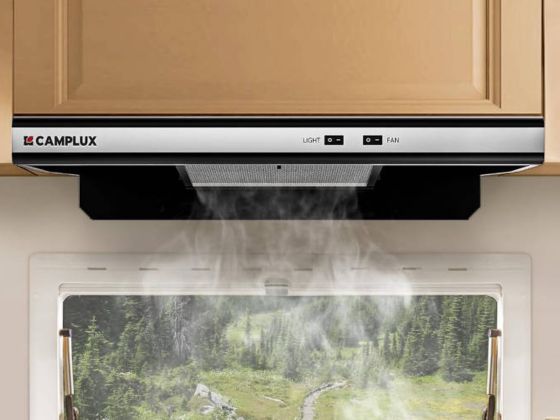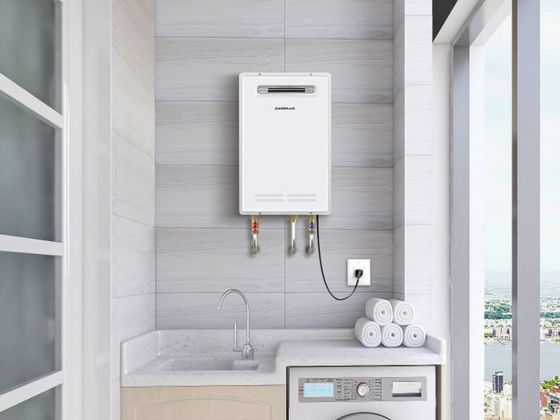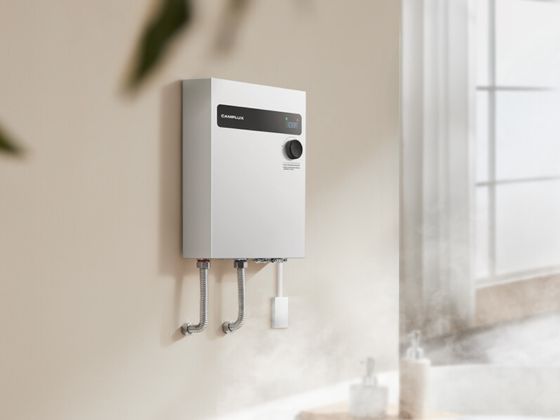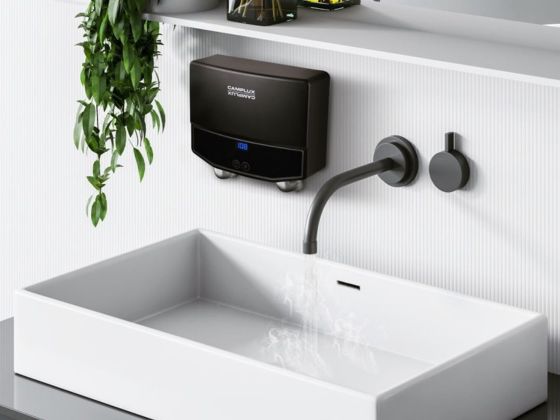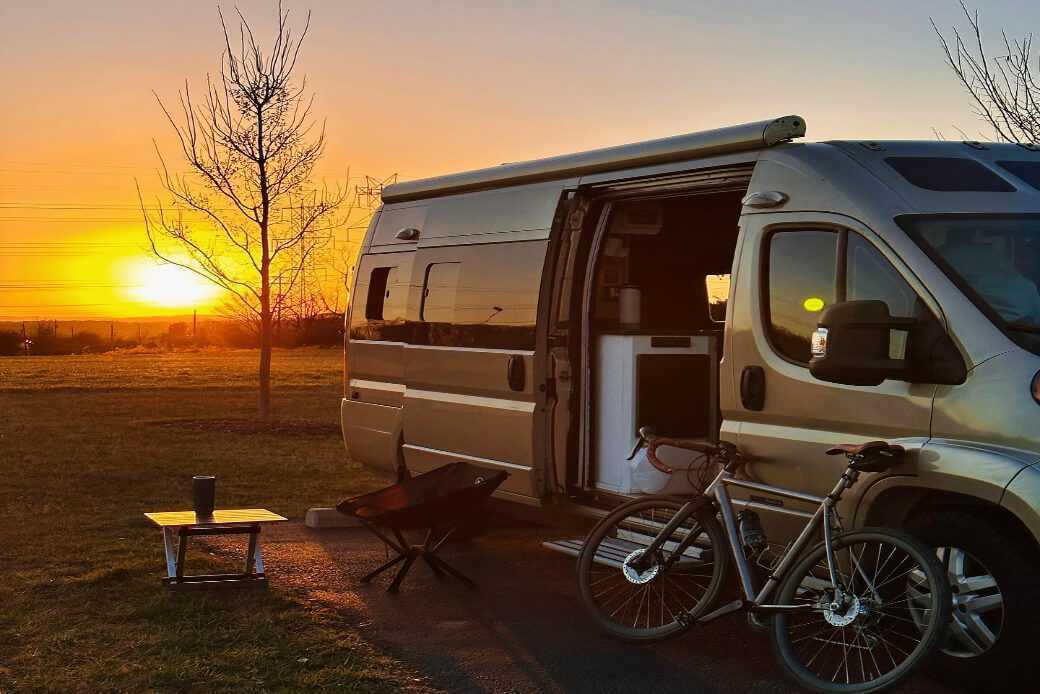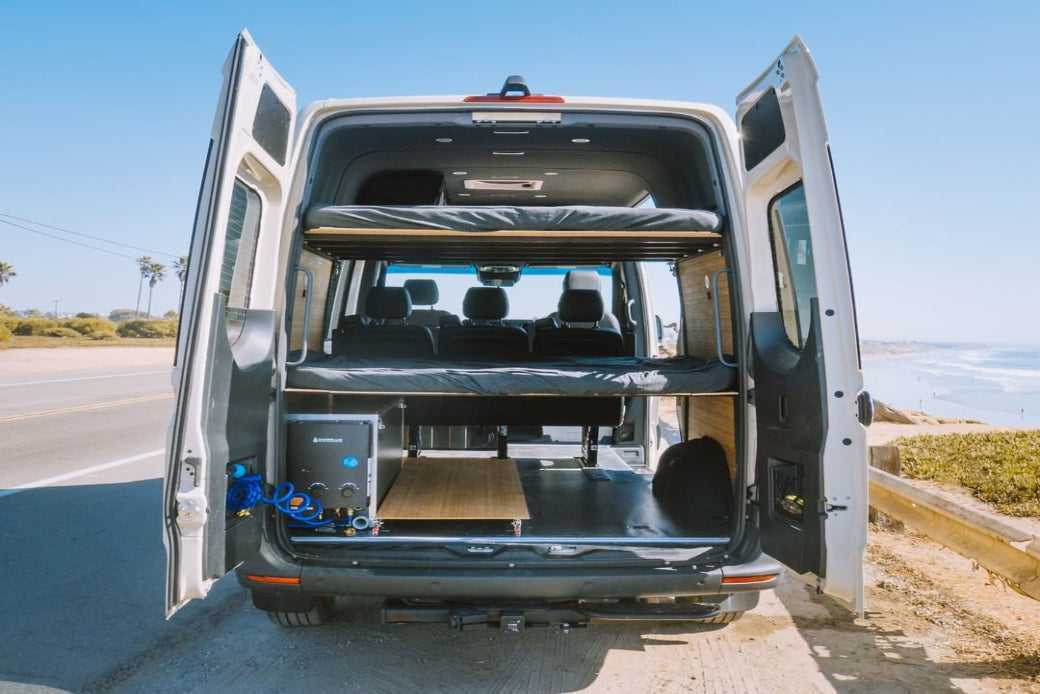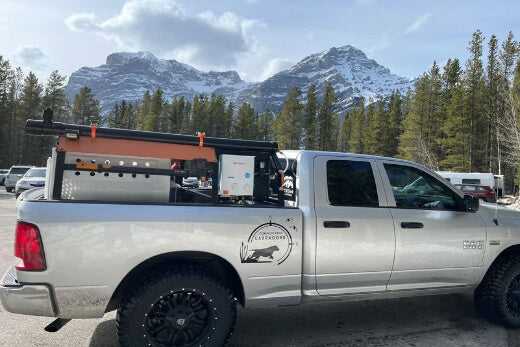If you're planning on hitting the open road in your RV, one of the most essential components to consider is the water heater. After all, who doesn't want a hot shower after a long day of exploring? Here are 10 things you should know about RV water heaters before you hit the road.

-
Types of Water Heaters There are two main types of water heaters for RVs: tankless and tank. Tankless heaters are smaller, more energy-efficient, and provide hot water on demand. Tank heaters, on the other hand, store hot water in a tank and use gas or electricity to keep it hot.
-
Size Matters RV water heaters come in a range of sizes, from 4 to 10 gallons. When choosing a water heater, consider the size of your RV, the number of people traveling with you, and how much hot water you'll need. One great manufacturer is CAMPLUX,the RV water heater is easy to install, portable, various GPM to choose from and highly safe, allowing you to enjoy outdoor hot water better!
-
Fuel Sources RV water heaters can run on either propane or electricity, and some models can run on both. Propane is the most common fuel source for RV water heaters because it's readily available and provides more hot water than electric heaters.
-
Energy Efficiency If you're looking to conserve energy, a tankless water heater is your best bet. They only heat water as it's needed, so they use less energy overall.
-
If you’ll be storing your RV for a while, you’ll want to drain the water tank before you lock the door. If you’re storing it during cold months, it’s a good idea to winterize the pipes so they don’t freeze, crack, and cause problems the first time you head back out in the spring. Similarly, water left in your RV’s hot water tank can freeze, causing irreparable damage to the unit. If your water heater has a bypass valve, use it during winter storage. Details on how to do this should be in your RV owner’s manual.
-
Maintenance To keep your RV water heater in good working order, it's essential to perform regular maintenance. This includes flushing the tank, checking the pressure relief valve, and inspecting the anode rod.
-
Anode Rods An anode rod is a critical component of any RV water heater. It's a sacrificial rod that's designed to attract corrosion and protect the tank from damage. Anode rods should be checked and replaced regularly.
-
Temperature Settings Most RV water heaters have a temperature setting that can be adjusted. It's important to set the temperature correctly to avoid scalding or running out of hot water.
-
Safety Features RV water heaters come with several safety features, including pressure relief valves, temperature and pressure sensors, and automatic shut-off switches. These features help prevent damage and ensure your safety.
-
Cost The cost of an RV water heater varies depending on the size, fuel source, and features. While tankless heaters are generally more expensive upfront, they can save you money in the long run by using less energy.

In conclusion, RV water heaters are an essential component of any RV. When choosing a water heater, consider the size of your RV, your hot water needs, and the fuel source.
RV water heater help you and your family enjoy endless hot water for leisurely showers — which is especially helpful if you’re on the road full time!

